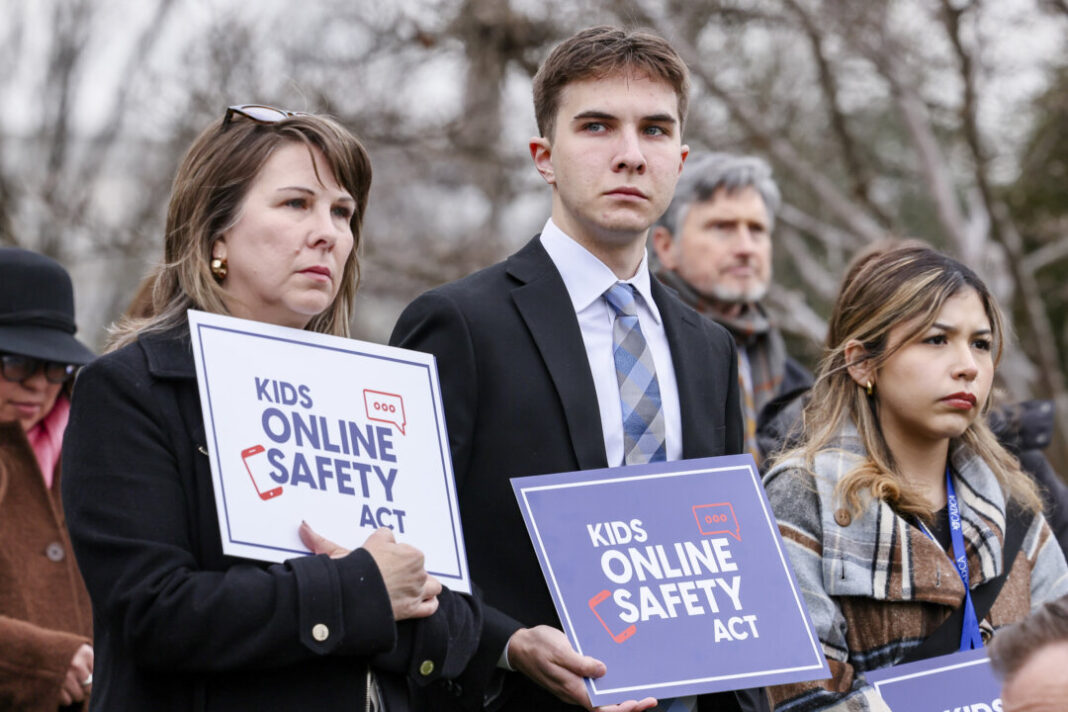The untouched text makes clear that the law ‘shall not censor, limit, or remove any material from the Internet.’
Social media platform owned by Elon Musk
An earlier model of the bill passed the Senate in July with overwhelming backup. The legislation has since stalled in the region, with Republican leaders expressing fears that it would allow government censorship of utterances published online.
The bill’s sponsors in the Senate, Senators Marsha Blackburn (R-Tenn.) and Richard Blumenthal (D-Conn.), said the revised model would address those fears.
“Under Ax’s leadership, the new changes to the Kids Online Safety Act strengthen the bill while protecting free speech online and ensuring it is not used to suppress expression. “These changes should end once and for all the false narrative that this bill would be weaponized by unelected bureaucrats to censor Americans,” the senators said in a joint observation Dec. 7.
X CEO Linda Yaccarino said that free speech and protection “can and should co-exist” and she said the amended bill serves that purpose.
Their criticism focused on the fact that the bill serves to impose a criminal “duty of care” on the Federal Trade Commission (FTC), which demands social media providers to mitigate certain health and safety risks to minors.
Even though the FTC is a separate federal company, its commissioners are nominated by the President.
In a file released by the Area Oversight and Duties Committee in October, Republican investigators accused FTC Chairwoman Lina Khan of steering the FTC in a leftward direction due to Biden leadership and the influence of progressives.
In September, the regional committee on energy and trade introduced its own revised model of that chamber’s children’s online protection feature, which could restrict the use of “duty of care” on high-impact platforms. The bill also introduced other knowledge standards to take into account the size of the platform and excluded certain psychological health conditions from the list of harms.
Asked whether the bill could be brought up for a vote before the nearest Congress, Scalise told reporters on December 4 that the region was still working to deal with provisions that would hand over oversight to “an unelected bureaucrat.” Can empower to keep. Online pronunciation.
The Senate’s updated measure attempts to address that fear with a provision that establishes that nothing in the bill allows its enforcement to take into account the constitutionally protected speech of social media users.
Consistent with Blackburn and Blumenthal’s actions, the unspoken text makes clear that the law will not “censor, limit, or remove any material from the Internet” or empower the FTC or general counsel “to bring suit over material or speech. “No matter who it belongs to.”
The bill has been recommended by 32 case lawyers and more than 240 organizations, including Heritage Bottoms and the USA First Policy Institute.
Tom Ozimek and Terry Wu contributed to this file.


